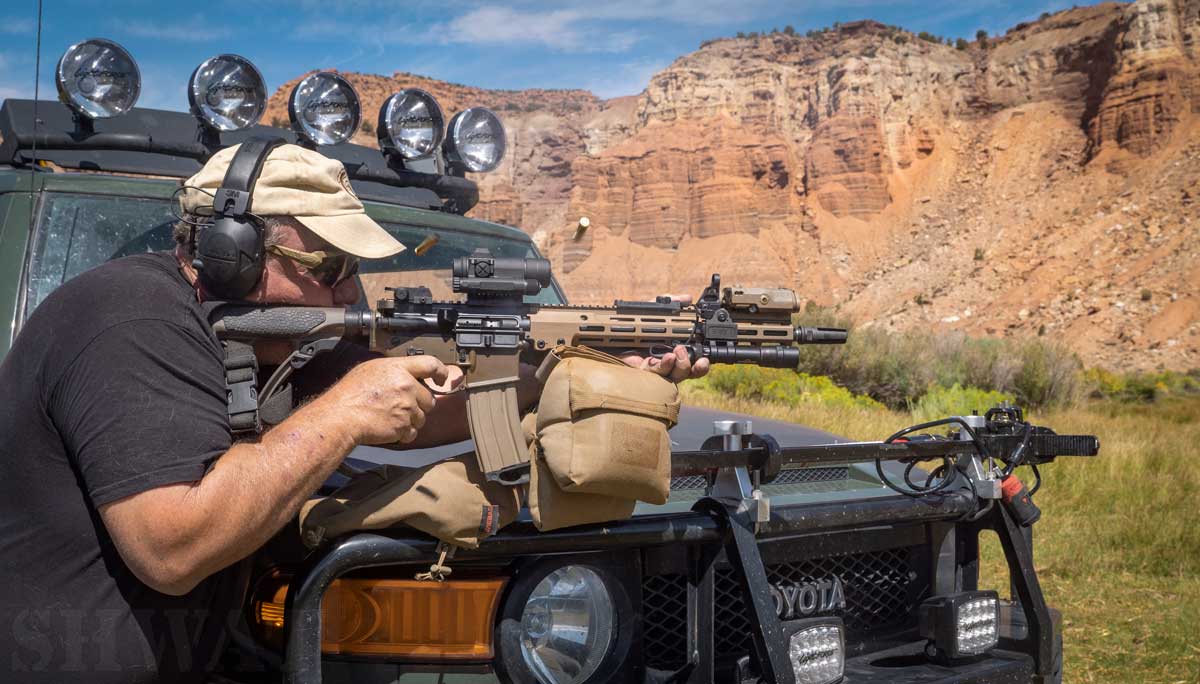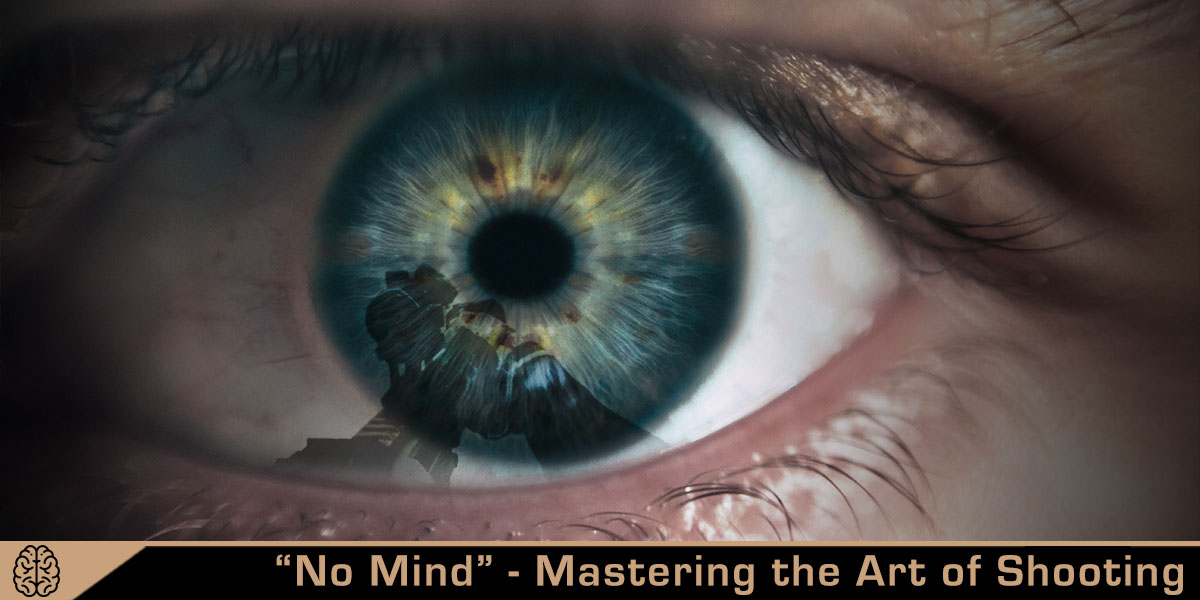
Spend any time with a hunter, fighter, competitor, or even warfighter who has mastered their craft and they give zero thought to the minutia when applying their skill. So that begs the question asked of me countless times throughout my decades of training and training others: “What makes a ‘master’?”
Most respond with the standard “mastery of the basics.” It’s a simple response and it keeps people training. Yet, it remains one of the most overused axioms uttered by trainers today. That response reminds me of another overused partial truth: “Advanced techniques are basics perfected.” Important, sure, but neither allows you to “master” anything but practice. True “mastery” of any skill is application and mindset. The goal is a mind empty of technique and useless information prepared to respond. In Japanese martial arts, we call it mushin (no mind). The simplest, although incomplete, translation is “being in the zone”.
No Mind, not No Brain
Spend any time with a hunter, fighter, competitor, or even warfighter who has mastered their craft and they give zero thought to the minutia when applying their skill. Their mind is not filled with math, numbers, techniques, skillset, or the latest and greatest drill flooding social media.
Nor is the Master’s mind cluttered with how-to, it is open and ready, prepared to perform using the skills they know and maybe a few they didn’t. They are not single-mindedly “focused” on a task, quite the opposite. They are relaxed and prepared with no thought on technique. That all comes before the fight, operation, hunt, or game. It’s the contrast between theory and application. It determines winners or losers and can be the difference between life or death depending on the situation.
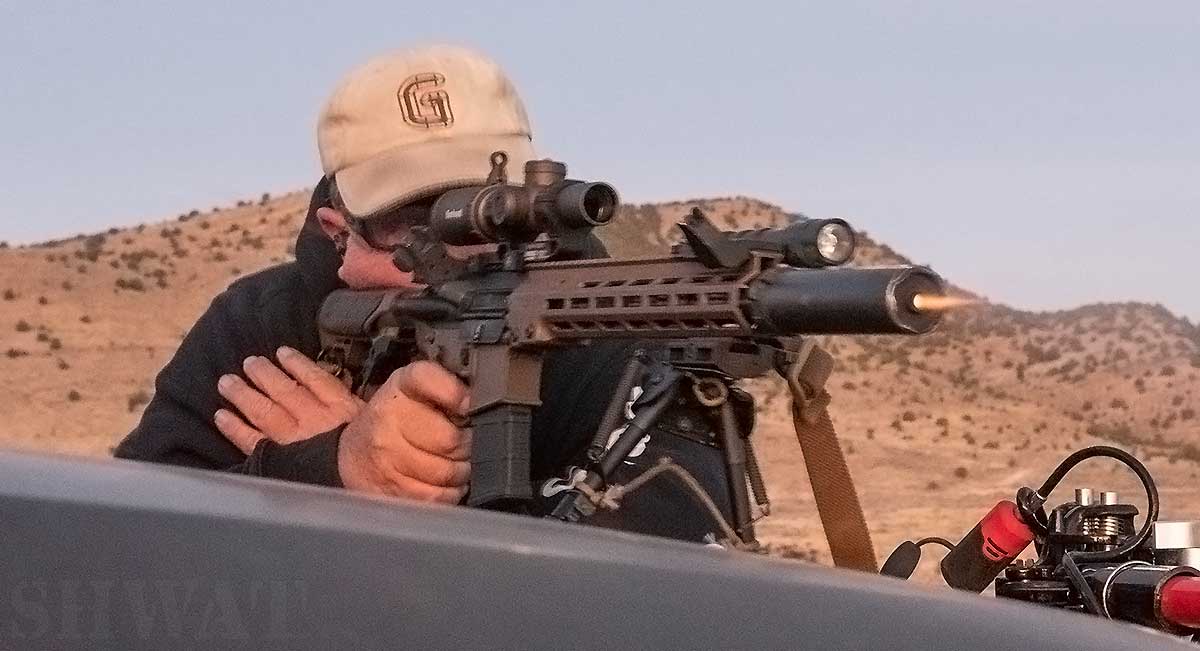
For those lacking true mastery, too often the opposite is true. Rather than having no mind, they have no brain. Performance is mindless with no mindset. It’s the epitome of training today, mindless repetition with no practical application or mindset. The firearms world is filled with what I call the “well trained but clueless.” They are masters of “technique” with no idea how to use it. The umpteenth degree black belt who gets his ass kicked in their first fight. Or, consider the square range combat masters who never train with simulators or force on force and have never been in a fight in their lives. And competitors who never compete, the ones with more excuses than skills. Everyone paying attention has seen the difference. Technical masters look “fast.” Masters of their skill are smooth, effortless, and natural, the primary difference being application and mindset.
Drill Baby Drill, or NOT!
Building skills is critical, it’s part of the process just not all of it. Practice technique, movement, stance, and the like – these are the baby steps. Anything that requires skill requires practice. Most who appear “natural” do so because they busted their ass for years perfecting skillset. Stay focused on what works, things you will use. Competition is great if that’s all you do stay focused on the things that help you win, or move up.
If your application includes people shooting back (or first) stay away from mindless drills that look great on video but will never be used. Unless your “job” puts you in 40 pounds of tacticool, spend the money on training, optics, and the best tools not useless gear. Even as an officer there was seldom time to “kit up” on active calls. You had what was on you and maybe a rifle and spare magazine at a given time. Truck guns are great in theory, but unfortunately, the fight is generally over before you can get to them. Practice getting to and using it, but most of your focus should be on what you have, not what you hope to have in a fight.
Application is everything!
Get off the square range and into the real world (or as close as safely possible). Mindful, practical, and professional force on force is a must for self-defense, law enforcement or tactical application. It goes back to that old saying from Jeff Cooper, “Owning a handgun doesn’t make you armed any more than owning a guitar makes you a musician.”
The more time you spend applying your skill the better. Having seen the best “shooters” fail miserably during force on force it is absolutely critical. The equivalent is martial artists with no martial training. Fighting the mirror or bag is helpful, but application against an opponent is a game-changer, a lifesaver in a real fight.
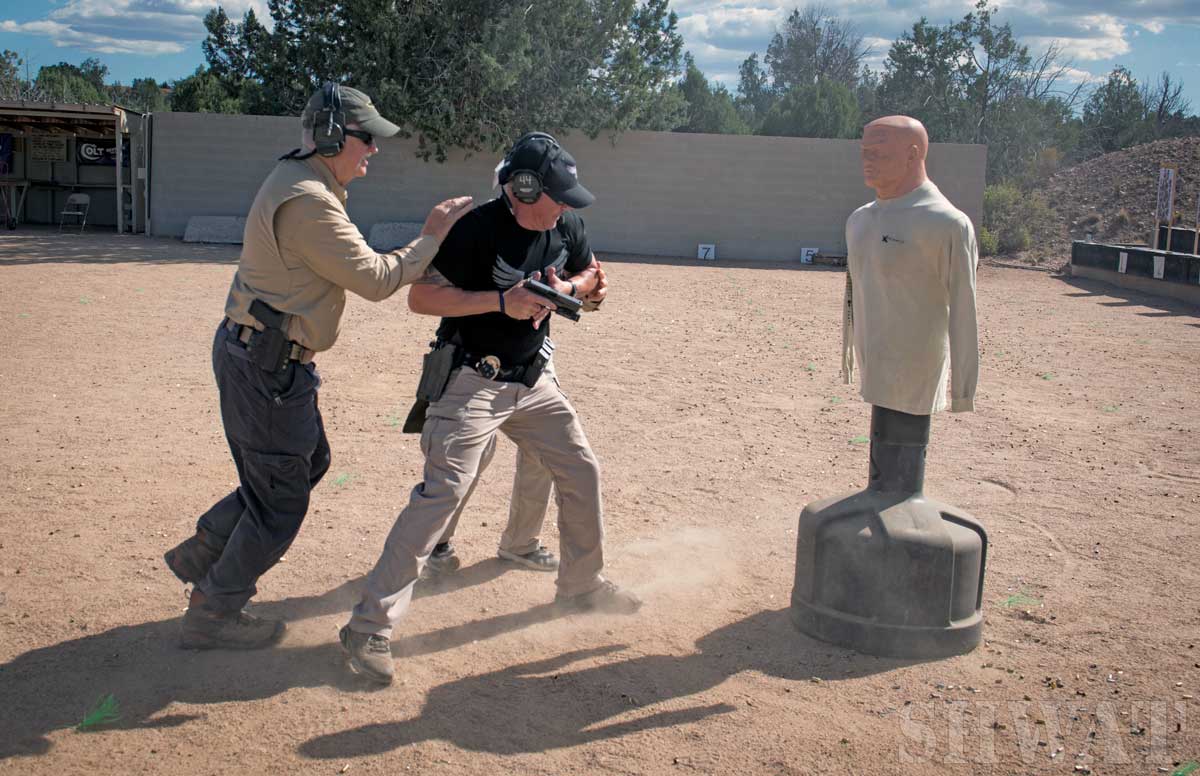
All the competition training in the world means little if you never compete. Those who don’t compete seldom win, and seldom improve at anything more than looking like they compete. Time on the driving range as a golfer is great, it’s just not golf. As my instructor told me “range time is swatting golf balls, but nothing makes you better at golf than playing golf. You need both, get off the range and on the course.”
And I’ve never met a truly successful hunter that did not hunt hard, routinely. The skills used hunting that have nothing to do with the weapon used far outnumber the weapon-based ones. So, the majority of the Master Hunter’s skills cannot be learned on the range. The analogies are endless, but they all boil down to getting off the range and in the real world.
Choose Training Wisely
Once you have the basics down, paying someone hundreds of dollars to command you to perform stoppage drills, reloads, and range dancing is a complete waste of money. Move on, attend training that makes you apply those skills not perform them.
Move on to classes where you are able to move and communicate with those around you or use a shoot house, vehicle, or other simulators. Schools like Gunsite Academy, Thunder Ranch, and Sig Sauer Academy all offer excellent training, include simulators and force on force.
If you use a scoped rifle or carbine attend training that focusses on using them in as close to field conditions as possible. Otherwise, you’ll probably end up in a world full of “tactigeeks”, enamored with math and all the calculations you will never use. “Death by calculator or computation,” I call it.
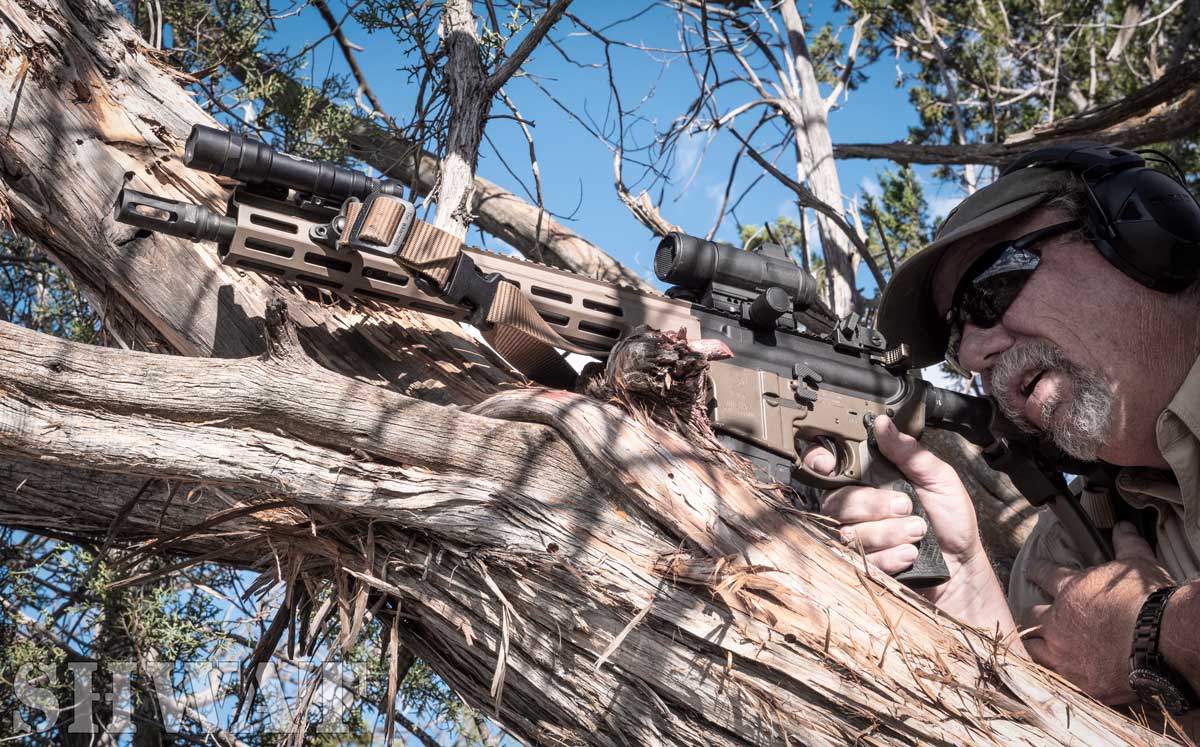
Get to a class where they give you stuff to find and shoot with the time constraints similar to what you’d encounter in the real world. Get out and use your optics, attend training where you shoot from towers, buildings, and other real-world structures.
Want to lose 40 pounds of useless kit in a hurry, attend a Recce Class from Follow Through Consulting. Nothing like moving from position to position for a few miles on mountain trails to shed worthless gear. Want to learn to use a ranging reticle? Attend their scoped carbine class.
Schools like Max Ordinate Academy provide long-range applications for real-world and precision rifle competitions. Forge Tactical offers everything from self-defense to full-on tactical operations for law enforcement. There are lots of other good schools out there, but these are known to me and offer training from real-world instructors who have applied what they teach outside the square range. Cheap, nope, but skip two or three of the tactical gurus and spend it there, it will pay off in the long run.
Bottom line
Mastery of a skill takes dedication, mastery of its application requires training focused on applying it with the proper mindset. Emptying your mind of the former is critical to mastering the latter, especially in real life. This is what separates those skilled at practice from those who master their skills.
Easy? Not at all, it’s why for every person applying skills at that level 100,000 think they do but can’t. Social media would not exist without them.
Being a social media master is literally a “no brainer.” Mastering skills at the highest level requires mushin (no mind). Knowing the difference is step one in a lifetime journey, one that just may save a life. Do yourself a favor and start that journey now.
